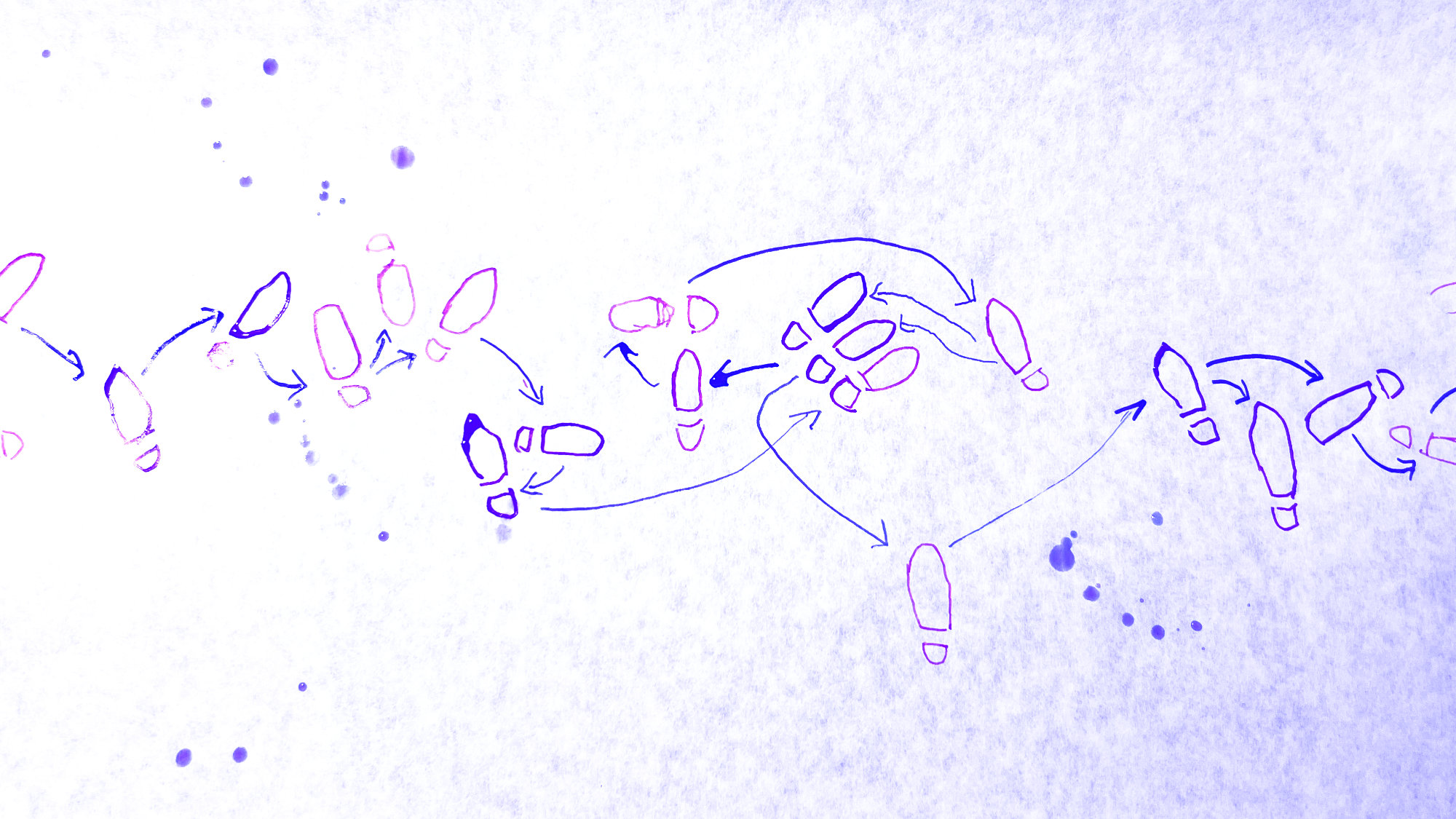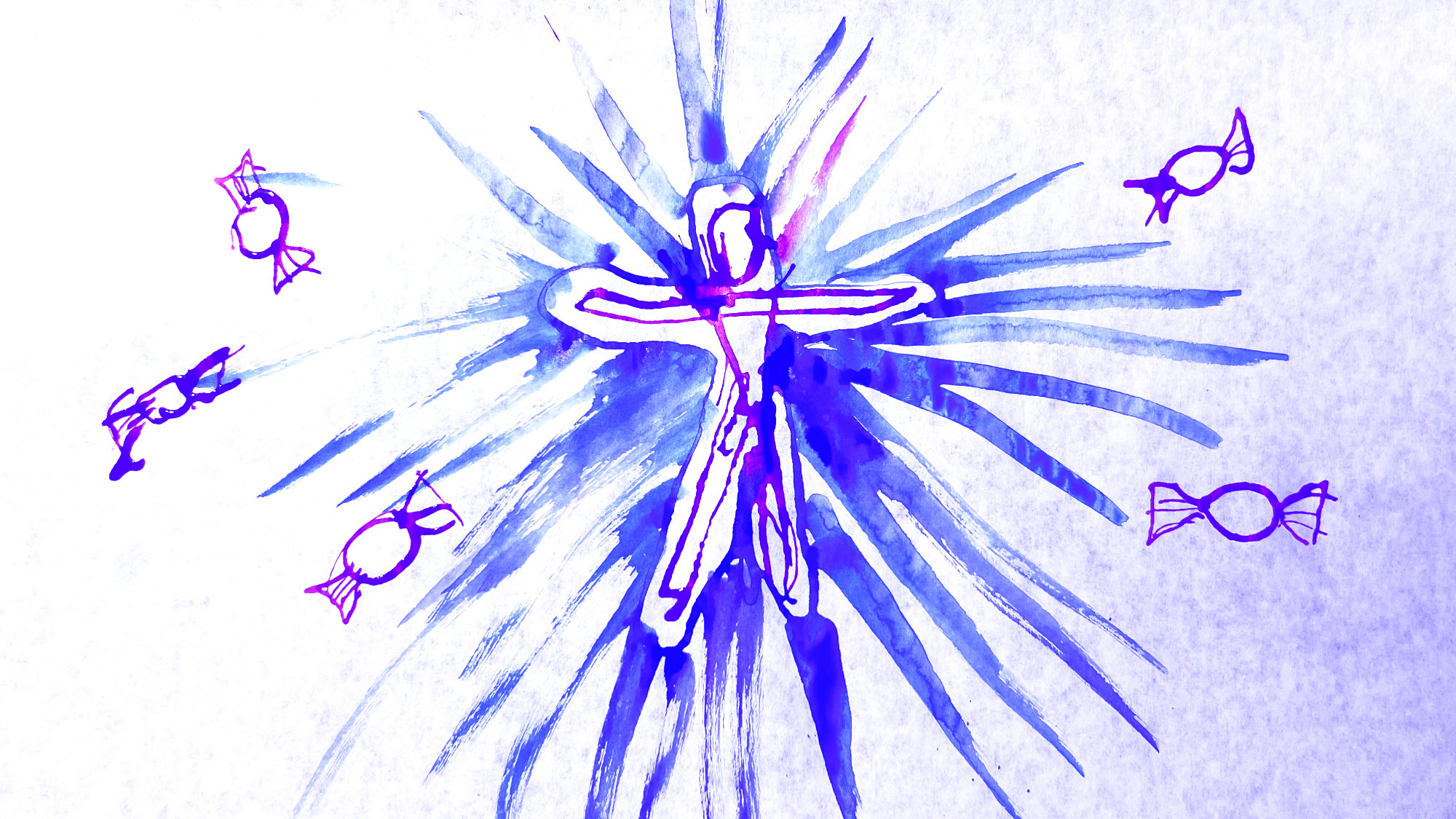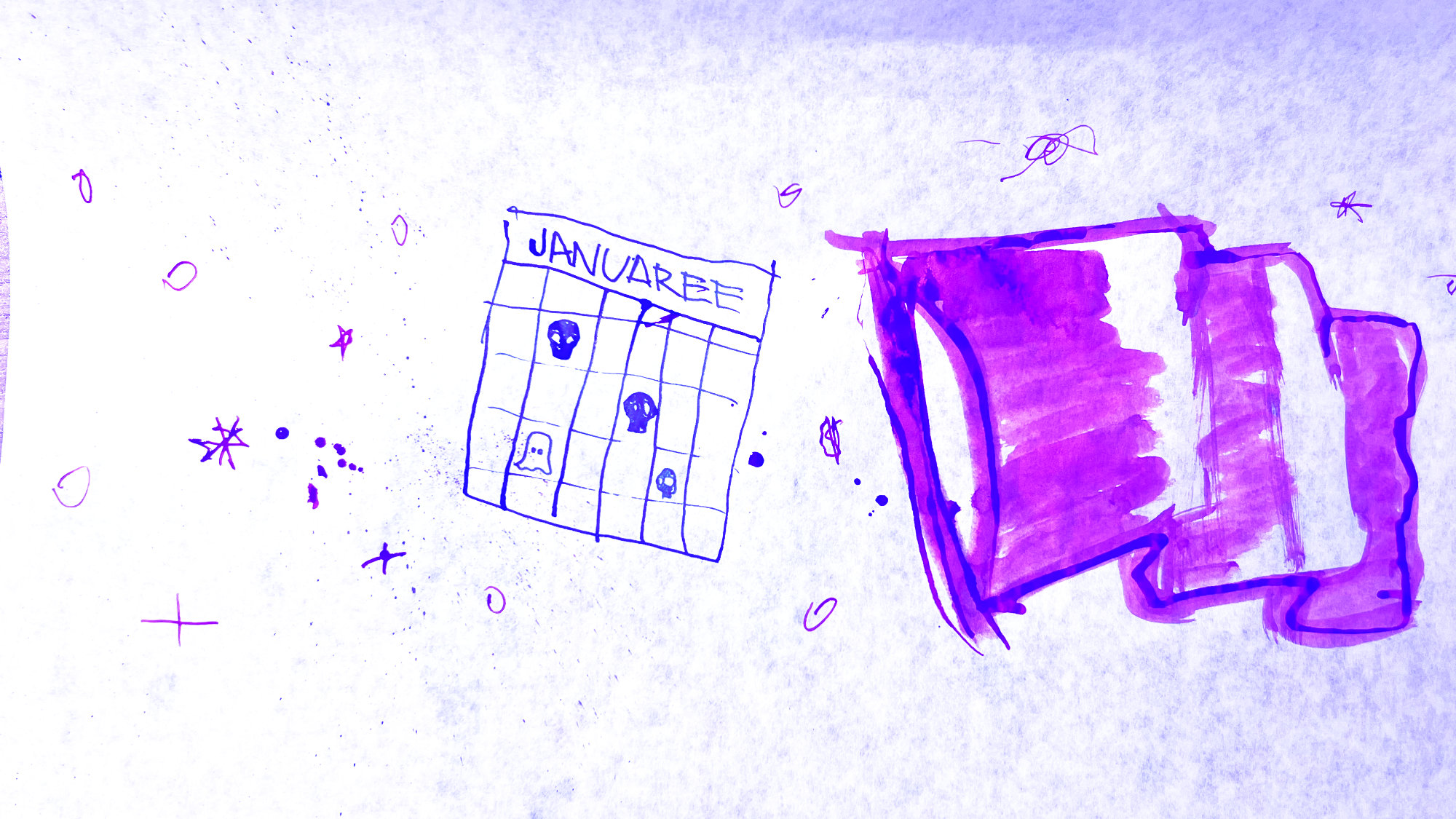
In examining the lives and work of so many creatives, it’s obvious that human beings of all drives and ambitions and personality types feel most fulfilled when they’re being used. I mean being used fully. The more an activity exploits all aspects of a person, the more they feel valued.
It works the same from the outside. When a job position or a relationship requires someone’s complicated pile of assets, the person in the job position or relationship is more valued.
When Taco Bell hires someone to show up and follow directions, that person is using a very small part of themselves — mostly their presence. The work is not fulfilling and is not worth paying more than minimum wage.
When Ryan Gosling is hired, It’s the special cocktail that is everything Ryan that makes him get paid so much and that makes him enjoy his work.
“Exploitation” seems criminal
The problem with this word and words like it like “being used” is that they are often seen as one-sided. A person in power is exploiting a person weaker.
If we seek instead to have mutual exploitation, we can get more out of every relationship than the sum of the parts. We can have extremely fulfilling and productive collaborations that change the world. The best performances that I’ve had were because I there were parts of me used and energy in me used and discovery in me that was rare.
We can seek this rare gift of mutual exploitation with a generous spirit. Knowing that getting the best out of someone is also GIVING THEM the best of themselves.
An easy gig sounds nice. What’s really nice is a gig that feels easy because it comes out so naturally. A gig that taps in to our strengths and history in a way that flows.
Money is the same
maybe the question comes up when money comes into the picture… what’s mutual about getting paid? People really like to buy things that are great. There’s probably something that you can think of that you really like purchasing. It feels good to spend good money on something incredible. So, risking our money is just as much a part of this flow as risking our reputation or our knowledge of 18th century self-help in Poland. It’s a unifying of resources to make something great.






















